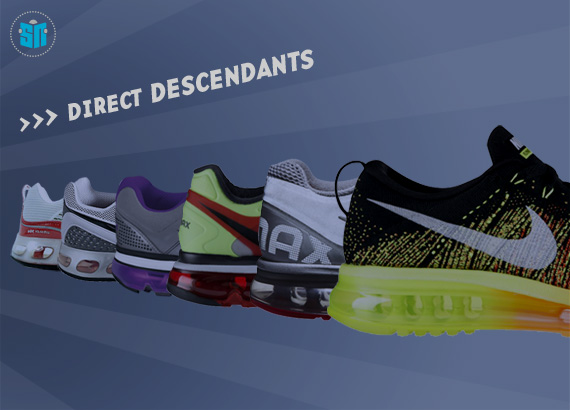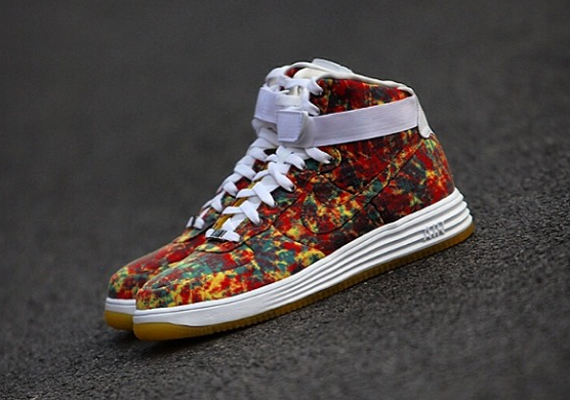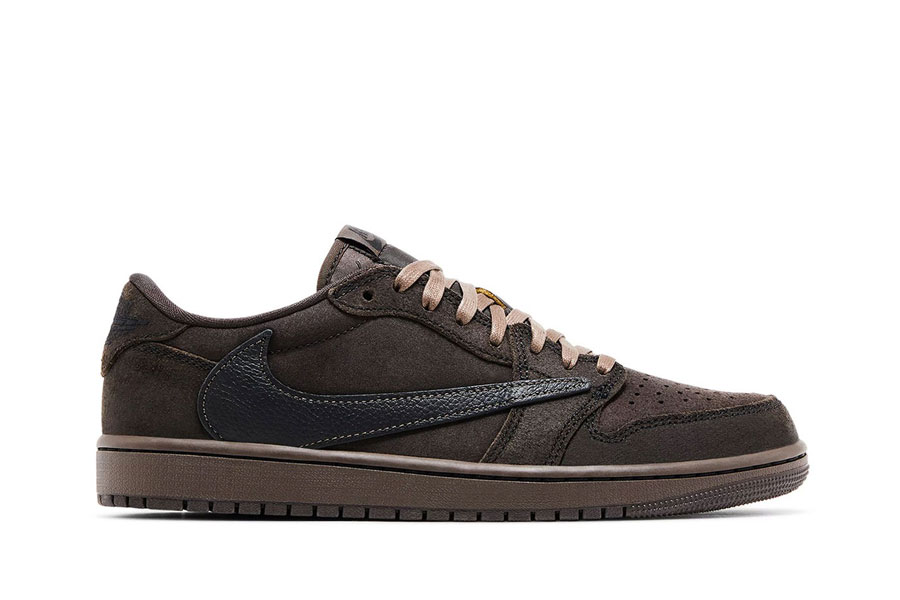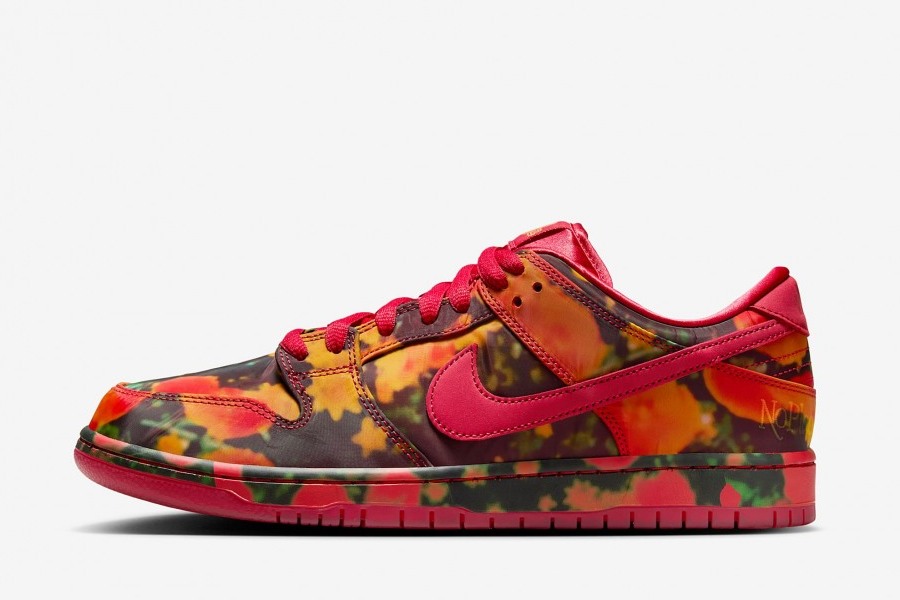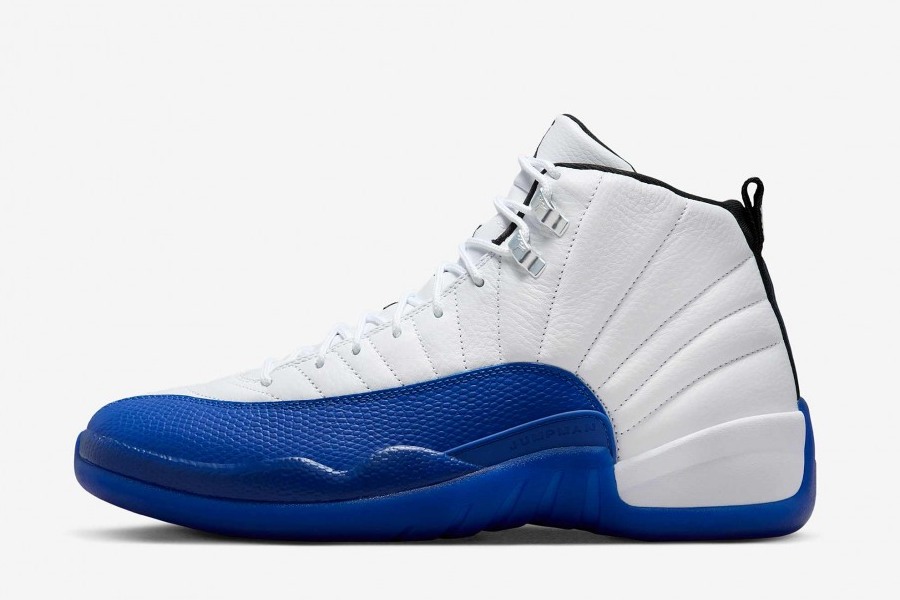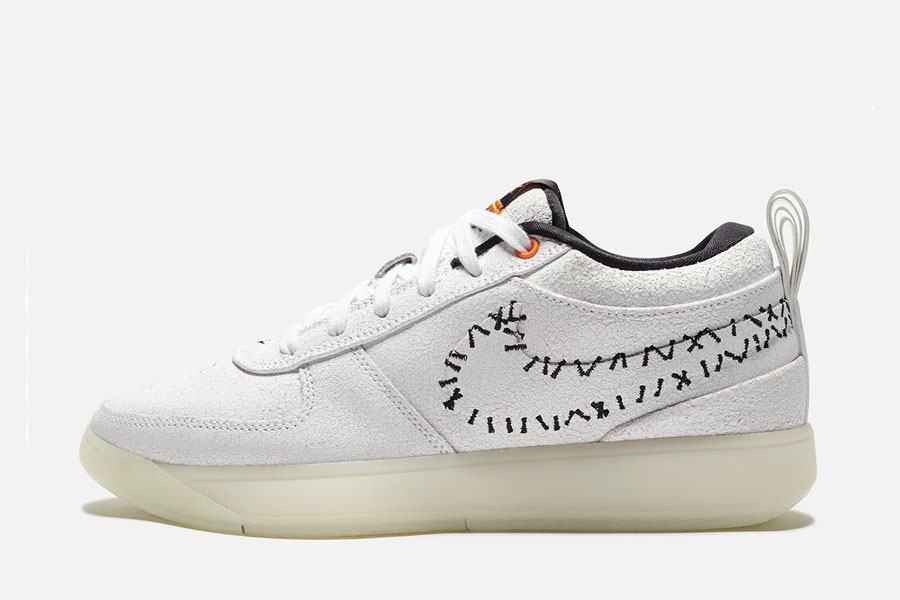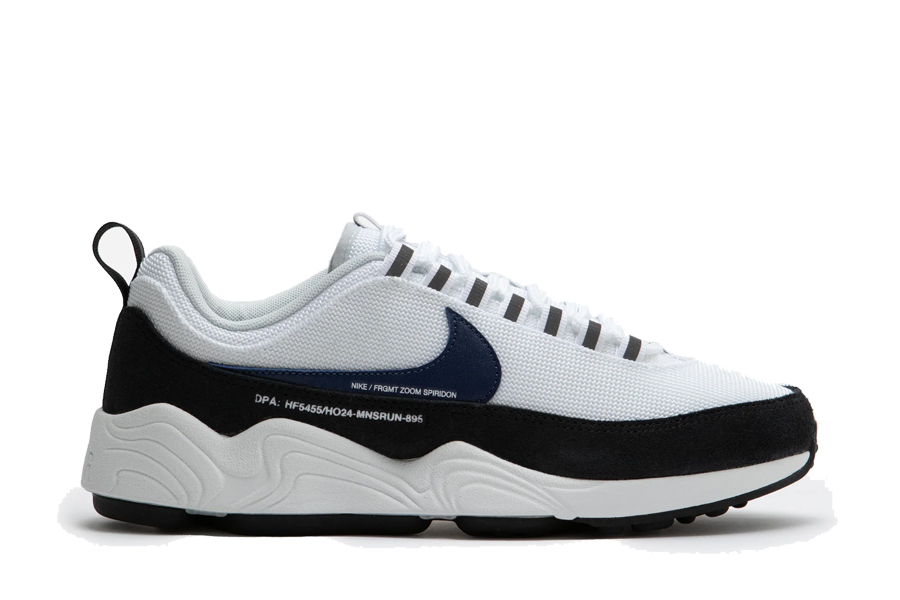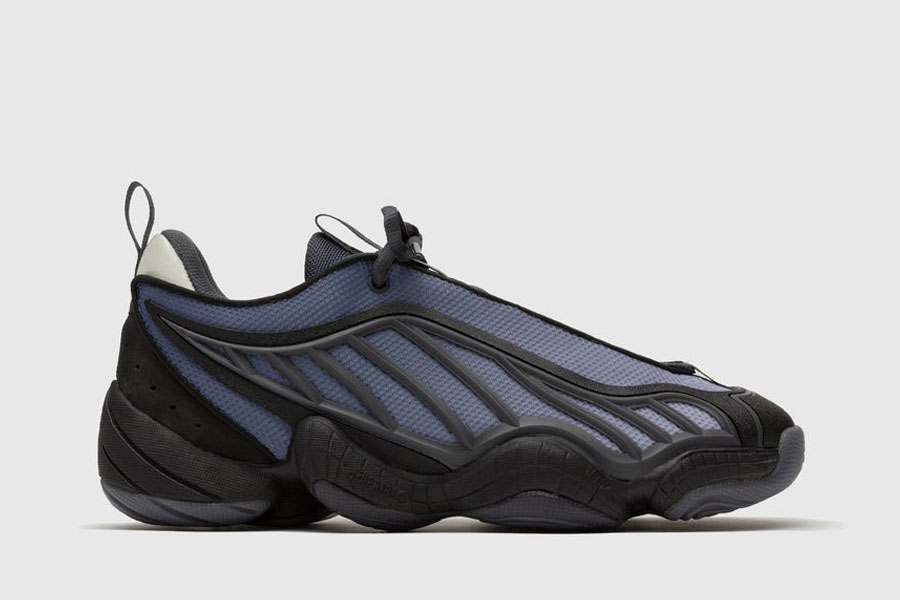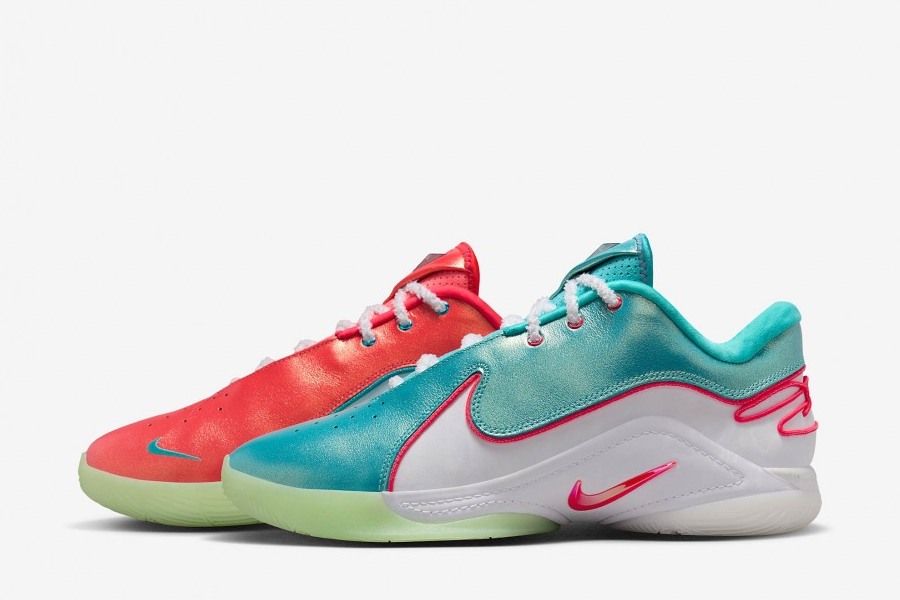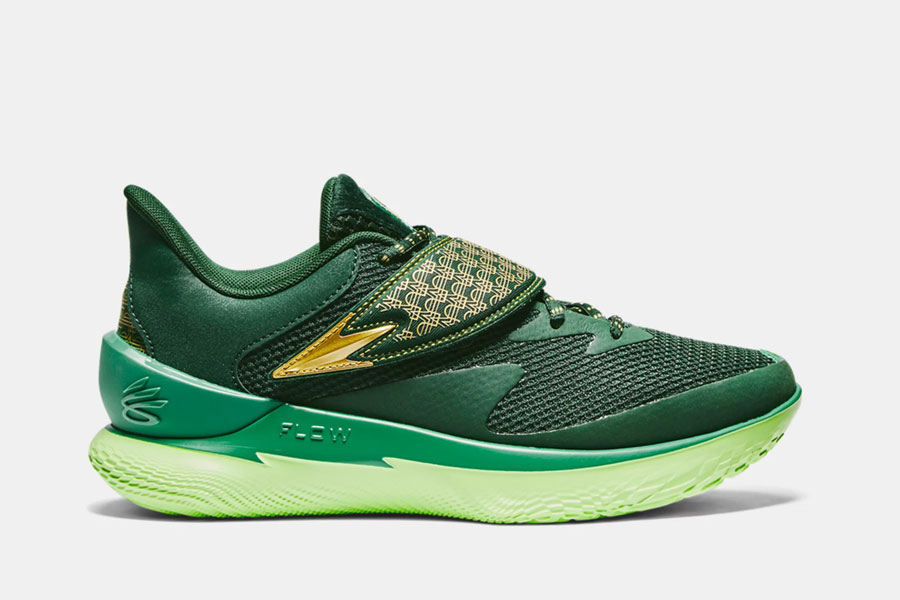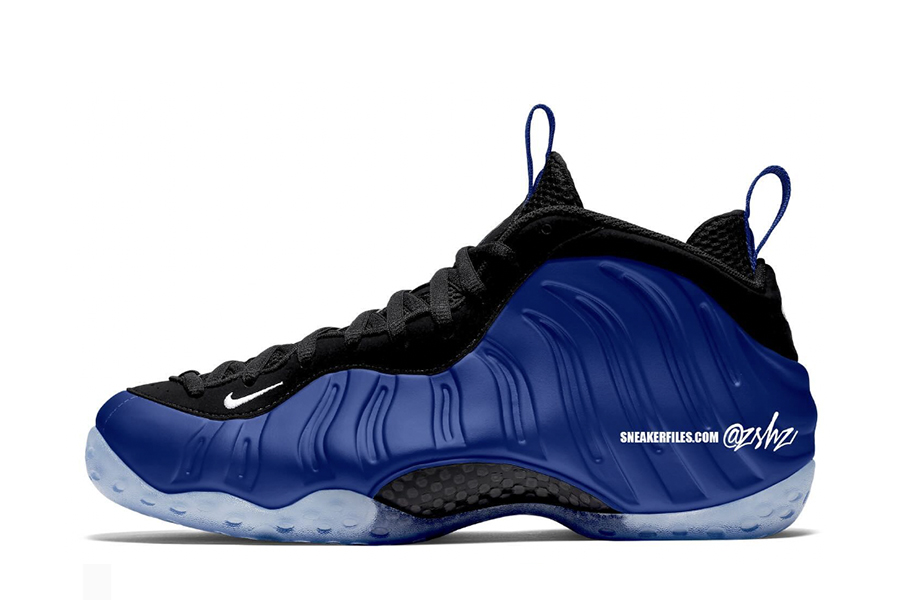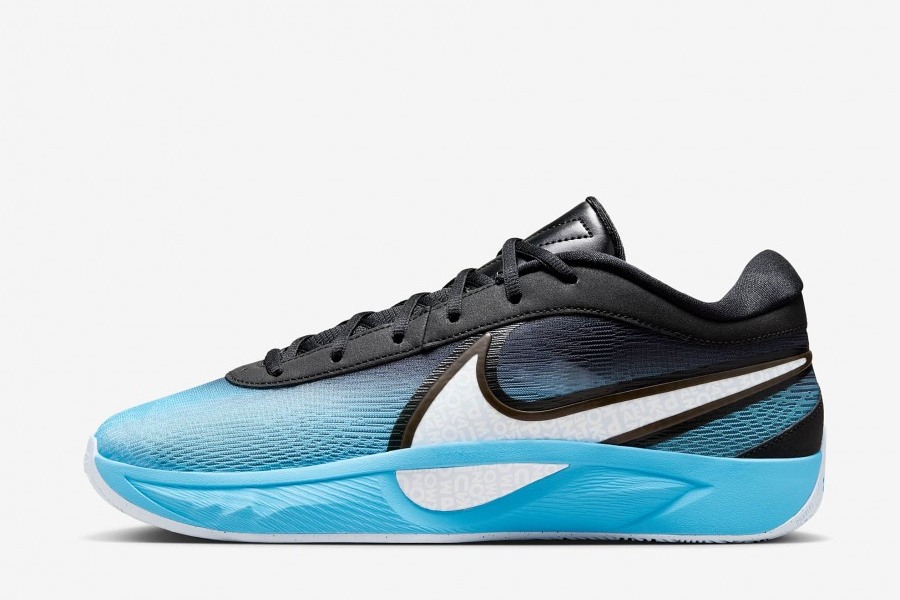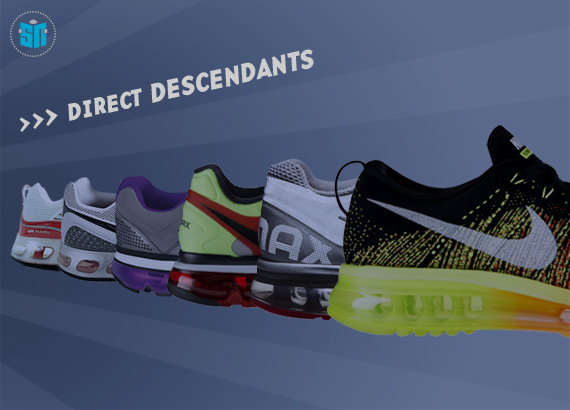
Regular Nike Sportswear releases keep classic Max runners front and center as the foundation of Beaverton’s heritage lineup. Favorites the likes of the Air Max 1 and 95 have retroed in the original colorways several times along with countless new pairs that pop up seemingly every week. NSW’s Air Max line still runs up through the 97 for most parts of the world and includes the occasional Air Max Plus over in Europe, which has the curious effect of making some of the newer pairs relatively less known.
The Air Max 2009 as of this writing is the only one of the 360-degree Max runners to have returned to store shelves, so you might not be familiar with the progression from that first truly full-length Air bag through today’s Flyknit Air Max and Air Max 2014. With that in mind, let’s take the opportunity to look back over the past decade or so of Nike Air Max Running flagships, as we track the more recent evolution of the ‘History of Air’ by way of our new Direct Descendants series.
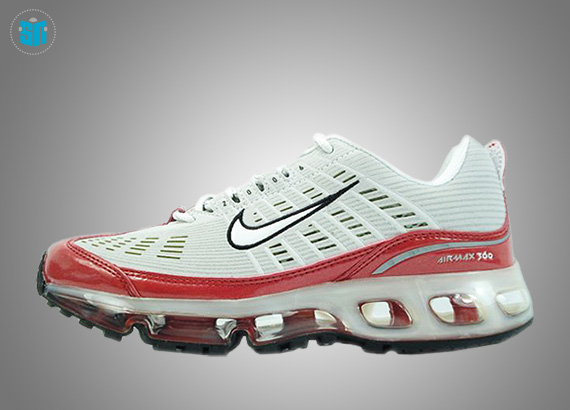
NIKE AIR MAX 360 (2006)
Nearly three decades in the making and just under twenty years since the Air Max 1 first exposed visible Air cushioning, the Nike Air Max 360 took a huge leap. For the first time ever, one single gas-filled cushion ran from heel to toe. No longer was a lower pressure heel compartment a given for new Max runners. Instead, a translucent external cage was implemented that foreshadowed another move forward to come. This 360-degree Max Air cushion was celebrated for its innovation and applied to some of those recurring classic silhouettes mentioned in the intro, a sign of things to come.
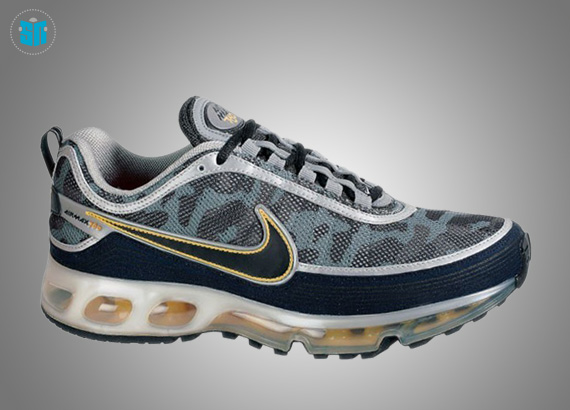
NIKE AIR MAX 360 II (2007)
The second Air Max 360 running shoe went for a slightly less techy upper design. There was already a space-age platform down below, so the use of more traditional sewn construction and plenty of the familiar nylon mesh for ventilation positioned these as a uniquely versatile style after years of highly technical Max flagships.
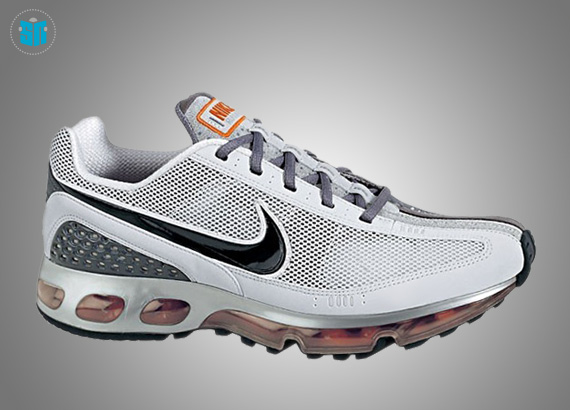
NIKE AIR MAX 360 III (2008)
The third and final 360 Max runner dropped in 2008. It continued the progression from 2007’s II in using a fairly traditional build atop the full-length 360 Air bag. Releasing on NIKEiD just over a month after the first retail releases, the 360 III was the first first-run Air Max iD runner.
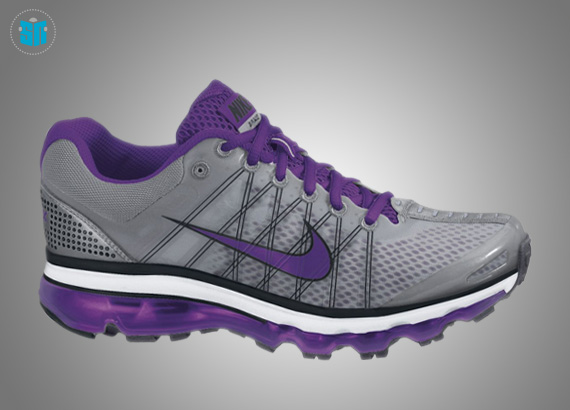
NIKE AIR MAX 2009
Nike reorganized its divisions in 2008 and Running got a big boost the following year by introducing the flagship line to Flywire atop the first ever full-length, uncaged Max Air unit. The Air Max 2009 took all the exterior supports away from the sole that’d served 360s I-III, and in doing so, took Frank Rudy’s invention that Tinker Hatfield showed the whole world, to its logical extreme. We’ve seen updates and variations made for specific sports, but we will always remember the Air Max 2009 as the first to fully unleash Max Air.
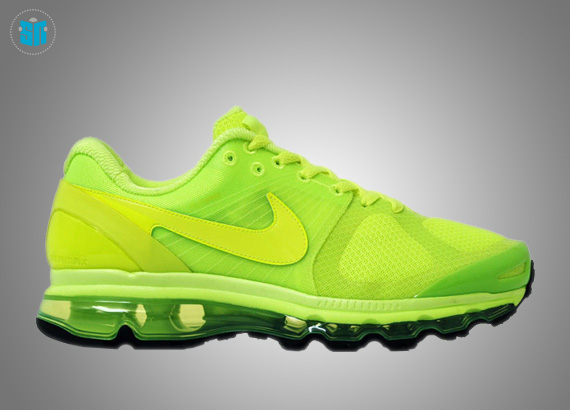
NIKE AIR MAX 2010
After 2009’s Flywire and uncaged Max combo, Nike Running added just a bit of new tech to the 2010 edition. The Air Max 2010 was the first in the series to employ Hyperfuse welding, which led to a super sleek nearly seamless build to begin a new decade.
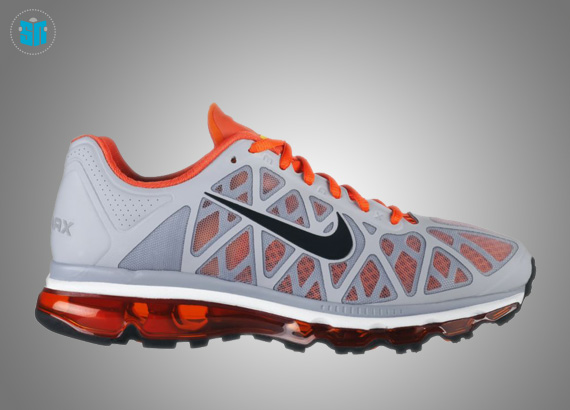
NIKE AIR MAX 2011
Evidence of Hyperfuse’s success in the Air Max 2010 was made clear with its successor’s construction. The Air Max 2011 ditched all Flywire in favor of an all-over Hyperfuse upper, which made these light and breathable.
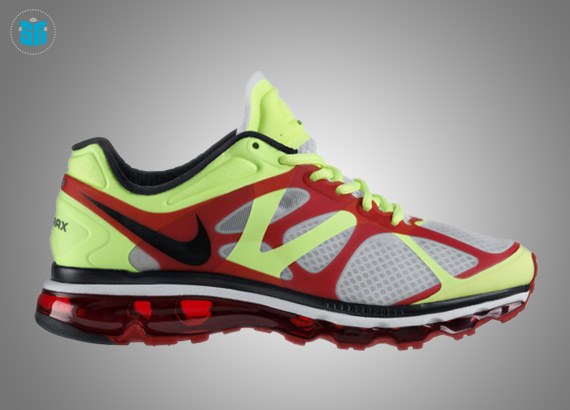
NIKE AIR MAX 2012
Hyperfuse continued its dominance with the third straight Max runner two years ago. The Air Max 2012 introduced a layered build whereby the translucent effect of colors combined to create new shades. Hyperfuse so thoroughly dominated the 2012 edition that Nike didn’t make a Leather version for the first time in a few years (note that any leather AM2012s you see online are fakes).
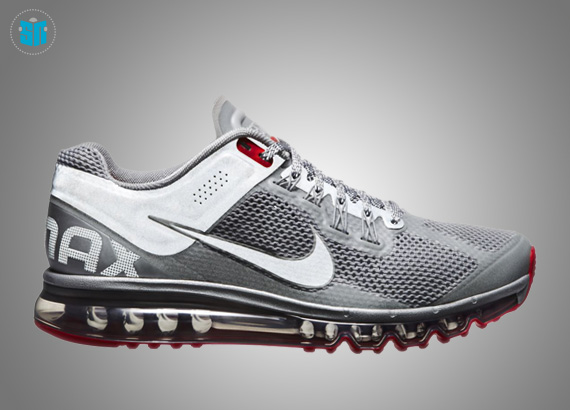
NIKE AIR MAX 2013
Bringing back a technology that had been omitted in the previous two years, the Air Max 2013 reintroduced Flywire, this time in Dynamic form. These strands providing extra lockdown through the laces were a perfect compliment to the most flexible full-length Max Air bag to date.
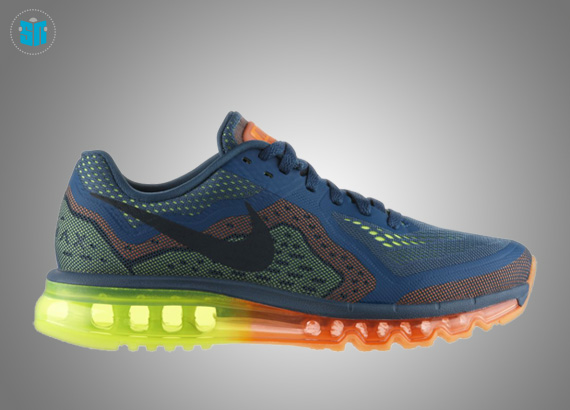
NIKE AIR MAX 2014
This year’s pair is a progression on the 2013s that once again drops Flywire, this time opting for Engineered Mesh up top that’s held together with Hyperfuse welds. The ’14 edition is also proof of a trend toward earlier debuts, as the first colorways actually released in December ’13.
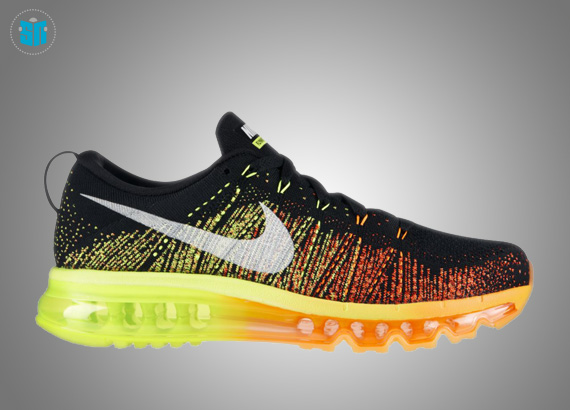
NIKE FLYKNIT AIR MAX
Also launched late 2013, the Flyknit Air Max represents the first time these two technologies have been combined. Representing Nike Running’s rich history and powerful momentum, this model combines the greatest hits from three decades of Swoosh striders into one comfortable and eye-catching design.
